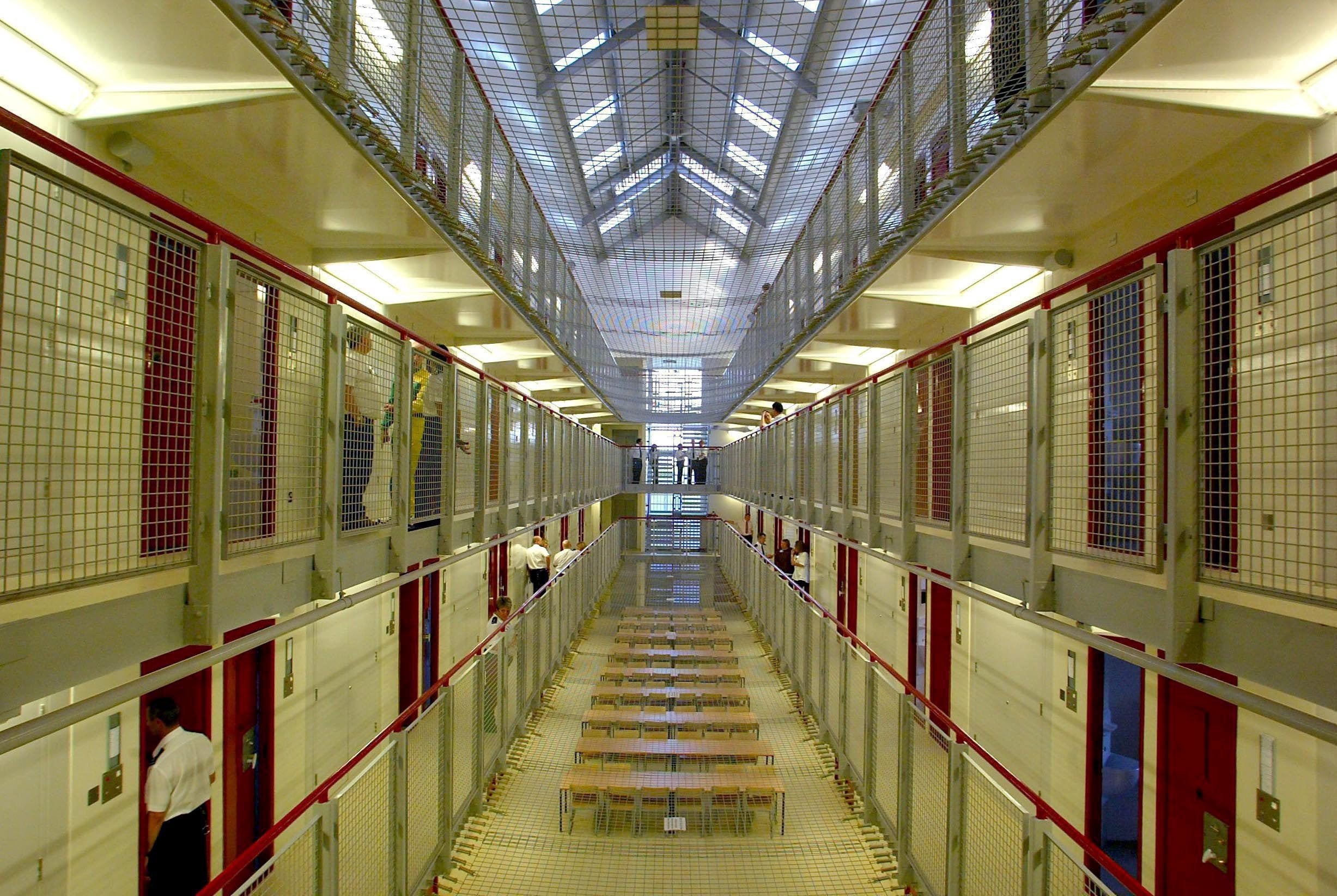The crisis in Britain’s prisons is perpetuating a cycle of offending
Analysis: One of the core aims of the UK’s justice system is to reform offenders but a lack of resources is making that impossible, writes Lizzie Dearden

The strangling of a prison officer until he fell unconscious is just the latest in a long line of violent incidents plaguing Britain’s prisons; and the crisis shows no sign of ending.
Staff at HMP Lindholme, in South Yorkshire, refused to unlock inmates today, fearing for their own safety. They accused their governor of “wanting to carry on as if nothing had happened”.
Management conceded to their demands for a so-called restricted regime ahead of talks. Meanwhile the guards – who the government has legally banned from striking – went back to work.
The offending prisoner was already in isolation but 1,000 other inmates were locked in their cells all day without being allowed out even for showers, phone calls or food.
Such conditions risk raising tensions to boiling point and have culminated in riots at other jails, while driving hostility between inmates and staff – and potentially beginning the cycle of violence again.
HMP Lindholme suffers the same problems as many prisons across the country, with insufficient numbers of staff battling an influx of drugs including the former “legal high” known as spice.
More than a quarter of its inmates said they had developed a drug problem after going inside, and there is evidence of criminals reoffending once released to pay off the debts they built up in jail.
There is no time in an ordinary prison officers’ day to rehabilitate anyone
One of the core aims of the UK’s justice system is supposedly to reform offenders and prepare them to re-enter society, but one officer told The Independent there is “no time in an ordinary prison officers’ day to rehabilitate anyone” amid the chaos.
And the consequences can be severe. Serving officers report the formation of new criminal gangs, while many prisoners are said to be converting to Islam in the belief it will earn them protection.
But the “plastic Muslims” – as they are known – are of little concern compared to the record number of terrorist prisoners feared to be radicalising fellow inmates because of inadequate supervision or understanding by staff.
A third of prison officers are now quitting within just a year of entering the profession and their more senior officers are leaving a service they no longer recognise in droves.
The exodus means short-handed and inexperienced officers are battling a staggering rise in violence, self-harm and suicide.
Yesterday, the prisons and probation ombudsman warned that attacks were spreading from high-security establishments down through the system, fuelled by an “increasingly volatile” environment and “out of control” drug epidemic.
The number of inmates murdered has almost doubled across England and Wales, while overall violent incidents broke a new record this year.
The chief inspector of prisons said the government has repeatedly failed to act on warnings and found an “obvious” correlation between increasing violence and large reductions in staff numbers and resources.
The Ministry of Justice was one of the departments hardest-hit by the first austerity drive, suffering budget cuts of 34 per cent from 2010 to 2015 and losing thousands of prison officers as ageing jails were left to rot.
David Gauke – the fifth justice secretary appointed in three years – is trying to turn the tide with £30m of investment and recruitment programmes, alongside a crackdown on drugs.
Prison officers welcomed news this week that they will be given Pava incapacitant spray to defend themselves, as airport-style body scanners and other security measures are rolled out.
But to many, the move is just a sticking plaster on a wound of the government’s own making.
Subscribe to Independent Premium to bookmark this article
Want to bookmark your favourite articles and stories to read or reference later? Start your Independent Premium subscription today.
Join our commenting forum
Join thought-provoking conversations, follow other Independent readers and see their replies
Comments